Gaming consoles like the Xbox are equipped with high-end graphics and powerful processors, providing users with an immersive gaming experience. However, with the rise of malware and viruses, the risk of infection on digital devices has become a growing concern.
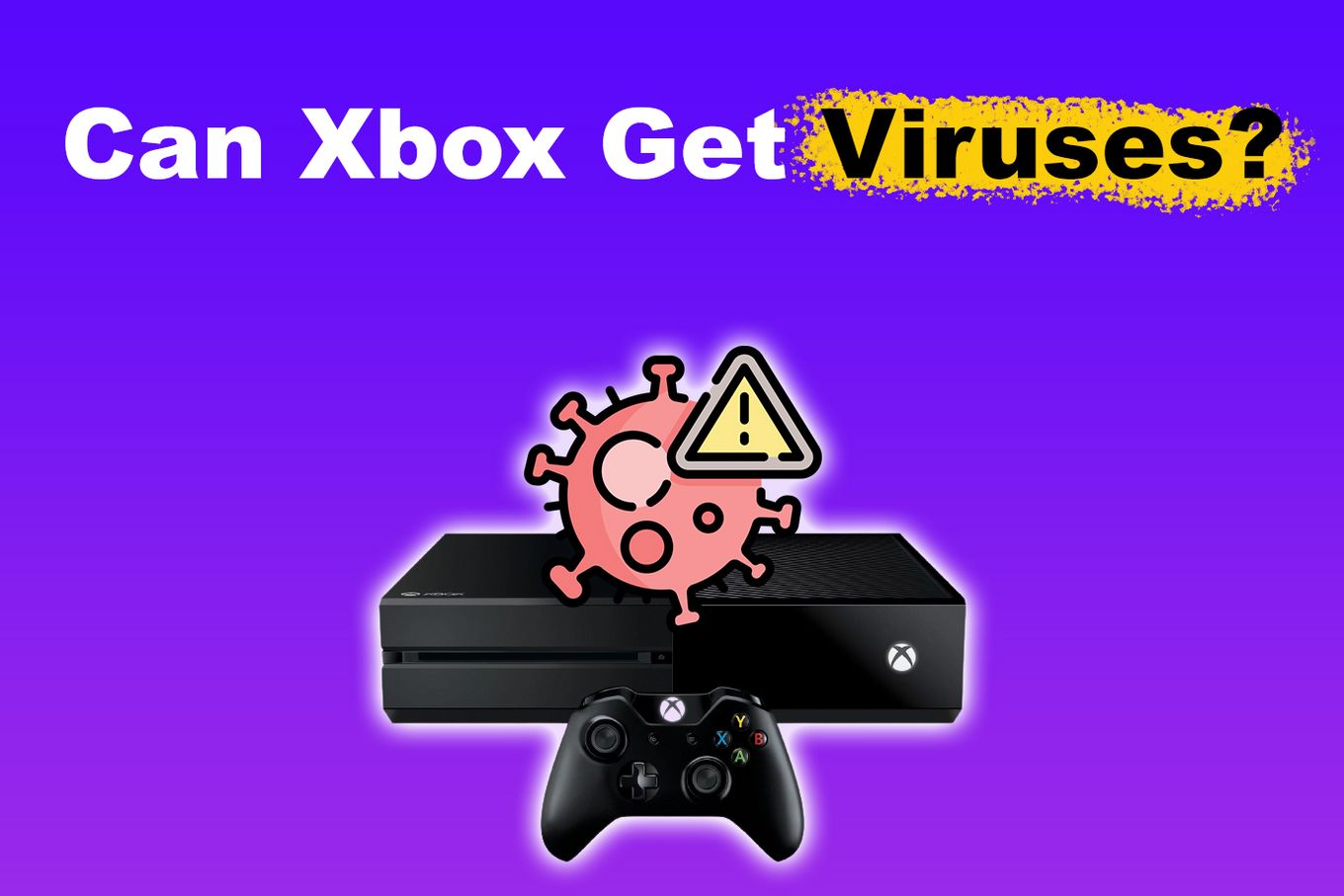
With the Xbox being a device that connects to the internet and allows for the installation of third-party apps, it’s natural to wonder: Can Xbox get viruses? In this article, we’ll answer this question and provide insight into how safe your Xbox is from viruses.
Can You Get Viruses on Xbox?
Yes, your Xbox can get viruses but it is very unlikely. The design and software curation of the Xbox makes it significantly less susceptible to viruses, malware, or cyber threats than other devices. However, we cannot forget that no device is entirely immune to these threats.
Xbox’s operating system is specially designed to prevent unauthorized access. But despite the Xbox’s robust security features, it is still essential to take precautions to protect your device from viruses and other malware.
How to Check for Viruses on Xbox?
While a malfunction in your Xbox is not an absolute indication of virus infiltration, it might be a sign of having your Xbox infected with a virus.
Here are some ways to scan your Xbox for viruses:
1. Look for Unusual Friend Requests
If you receive a friend request or message from someone you don’t know or trust, do not accept the request or reply to the message.
Malicious actors often use friend requests and messages to gain access to personal information or to send phishing links that can infect your device with malware.
2. Look for Unauthorized Purchases
Similarly, if you notice any unauthorized purchases on your account, immediately change your password and contact Xbox support to report the issue.
Unauthorized purchases are a sign that your account may have been compromised.
3. Look for Unusual Actions
Lastly, if you experience unusual actions while playing, such as disconnections or frequent lag, your device may have been infected with malware.
By being aware of these signs and taking precautions to protect your Xbox, you can minimize the risk of your device becoming infected with malware or viruses.
2 Reasons Why Xbox Is Less Susceptible to Viruses
The combination of a closed system design, limited third-party software, and regular security updates makes the Xbox a relatively secure gaming console that is less susceptible to viruses than other devices. That’s one of the pros of Xbox and Xbox One.
Here are the 2 key reasons why your Xbox is less likely to get viruses:
1. Microsoft Controls the Xbox Application Store
The Xbox only allows for the installation of third-party software that has been approved and curated by Microsoft.
This reduces the risk of users accidentally installing malicious software, as only trusted apps are available on the official Xbox Store.
Microsoft’s stringent verification process for apps and games ensures that they meet specific criteria for security, privacy, and quality. All apps and games available on the Xbox Store undergo a rigorous vetting process to ensure they meet these standards.
Furthermore, Microsoft regularly monitors the Xbox Store for any potential security threats or vulnerabilities.
This means that if a security flaw is discovered in any app or game on the Xbox Store, Microsoft can quickly remove it to prevent it from spreading to other devices.
2. Xbox’s Closed System Design
Unlike traditional computers, the Xbox operating system is built to be a closed system. This means that it is much harder for viruses and malware to penetrate the system, as the code is tightly controlled by Microsoft.
One important aspect of the Xbox’s closed system design is that all software installed on the console must be cryptographically signed.
Cryptographic signing is a security measure that helps ensure that the software has not been tampered with or modified since it was created by the original developer.
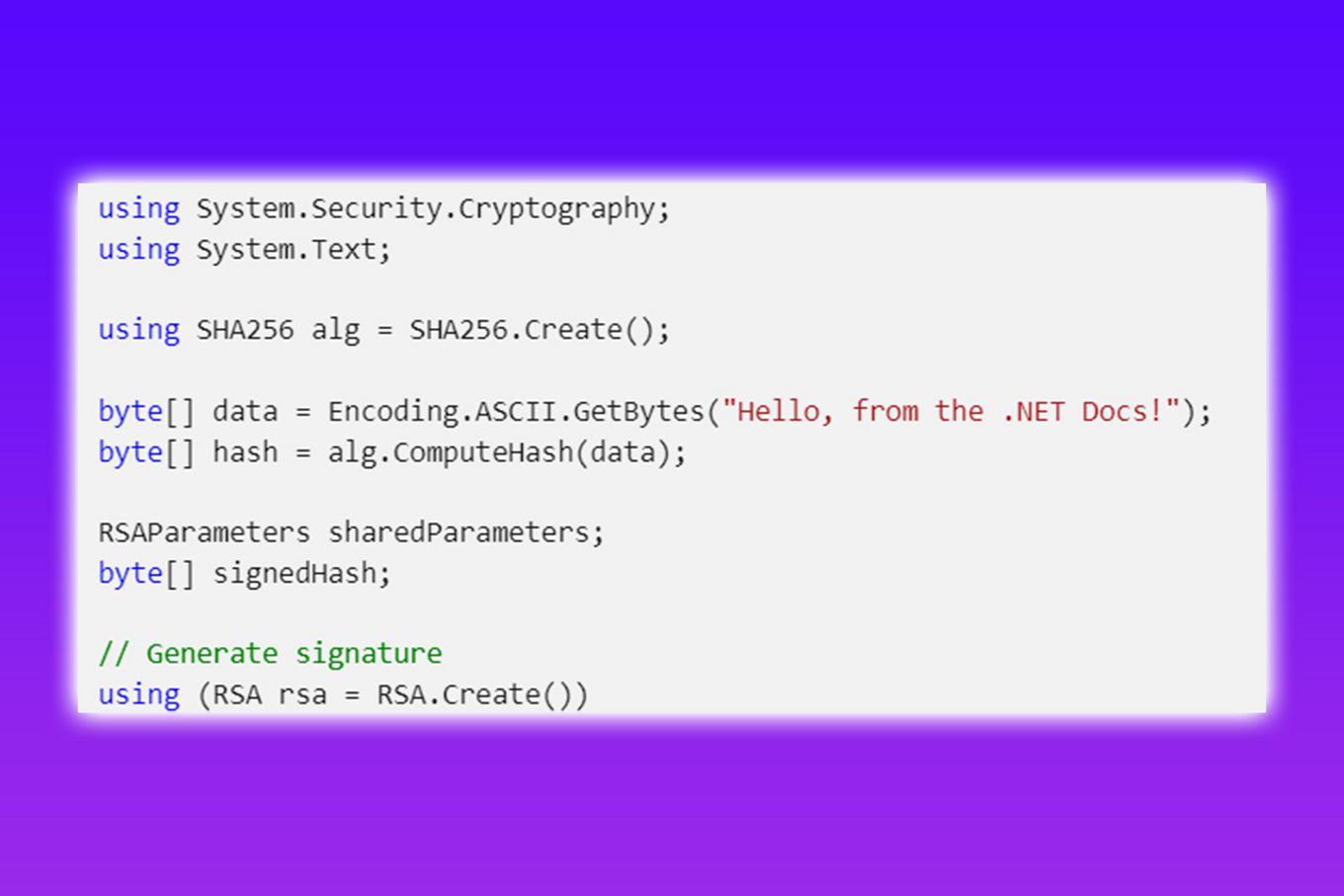
This means that any unauthorized changes or modifications to the code will be detected and prevented from running on the Xbox.
The Xbox’s closed system design also makes it difficult for hackers and malicious actors to exploit vulnerabilities in the system. Since the code is tightly controlled and curated by Microsoft, any security flaws or vulnerabilities can be quickly identified and addressed through software updates and patches.
If you’re using aimbot on your Xbox, installing an untrusted one can expose your console to viruses and malware. Find out how to properly use an aimbot here.
Can Xbox Get Virus Through USB?
No, Xbox cannot get Viruses through USB. Xbox consoles are protected so they cannot read files or programs not designed for the Xbox System. This means that it is virtually impossible for a virus or malware to be transmitted to the Xbox through a USB drive.
However, it is important to note that using a faulty or damaged USB drive can potentially harm the console and hinder its performance. In some cases, a faulty USB drive can cause the Xbox to crash or freeze, or even corrupt important system files.
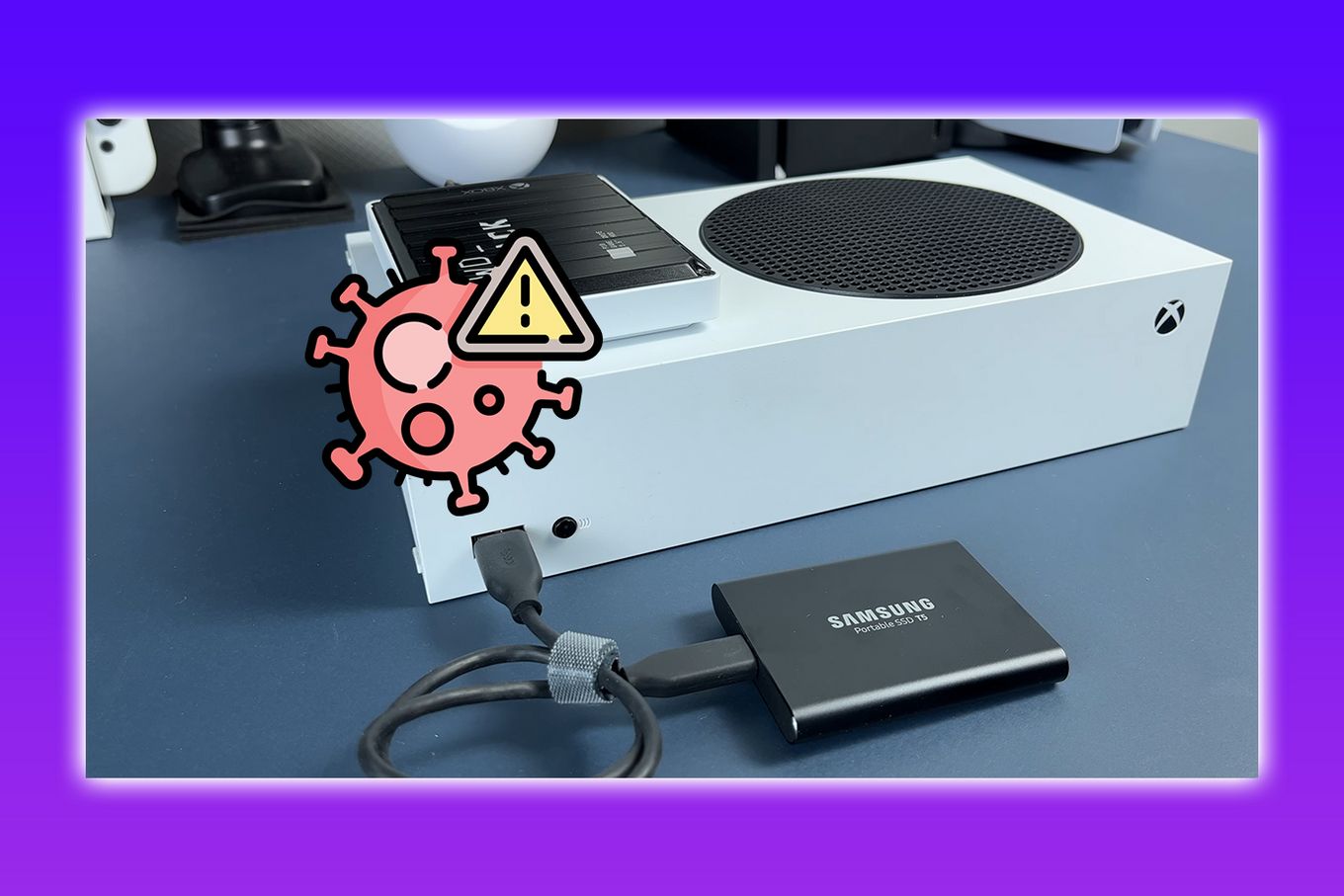
To avoid any potential issues, it is recommended to only use USB drives that are known to be reliable and in good condition. Additionally, it is good practice to scan any external storage devices, including USB drives, for viruses and malware before using them with your Xbox console.
Can an Xbox One Get Hacked?
Yes, the Xbox One can be hacked just like any other internet-connected device. While the Xbox’s closed system makes it very secure, there are still potential vulnerabilities that can be exploited by hackers and malicious actors. For example, your Xbox console could be hacked through your Microsoft account.
One of the biggest risks to Xbox security is the user. Xbox users have one of the most relaxed attitudes when it comes to security habits while gaming. This includes practices such as using weak passwords, sharing account information and downloading unverified software or mods.
Hackers can take advantage of these bad habits by using tactics such as phishing scams, social engineering, and malware to gain access to Xbox accounts and personal information.
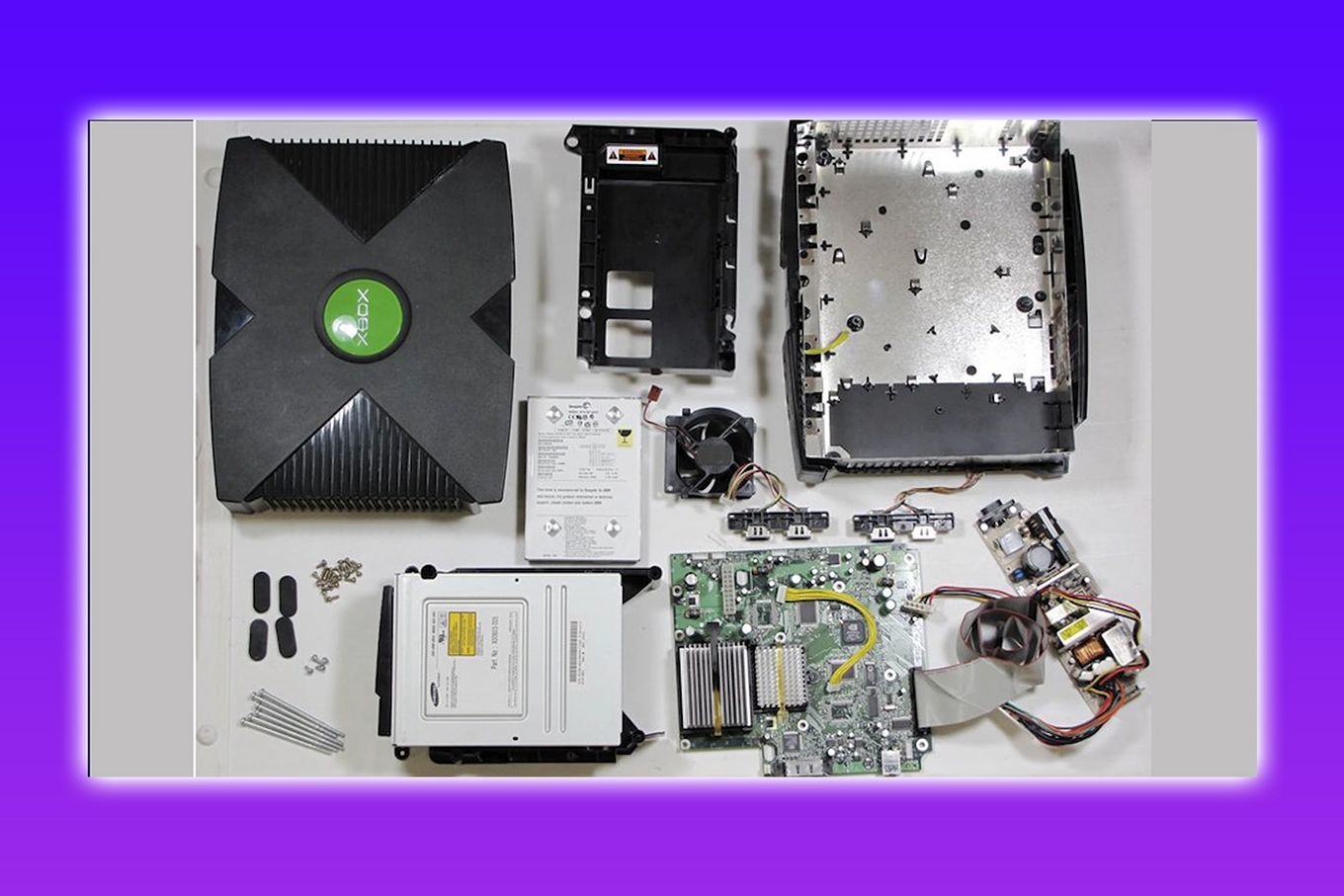
Once a hacker has access to an Xbox account, they can potentially steal personal and financial information, make unauthorized purchases, and even take over control of the console itself.
To protect against hacking and other security threats, it is important for Xbox users to practice good security habits while gaming.
This includes using strong, unique passwords, enabling two-factor authentication, and avoiding suspicious links and downloads. Also, keep your console and all software up to date with the latest security patches and updates.
Can Someone Find My IP Through Xbox?
Yes, someone can find your IP address through Xbox Live but they will need to use a PC or third-party tools to do it. It can be done because, when you play online games, your console’s IP address must be used to establish a connection with other players in the game. There isn’t any way to play online without sharing your IP.
Unfortunately, some malicious players may use this information to launch DDoS (Distributed Denial of Service) attacks against you, which can result in your internet connection being slowed down or even knocked offline.
Xbox Is Relatively Safe From Viruses
Knowing if an Xbox or Xbox One can get viruses is a common concern among gamers. While Xbox consoles can be infected with viruses and malware, their design makes them highly safe from viruses.
However, it is still essential to take precautions to protect your console from potential attacks, such as avoiding suspicious links, limiting third-party software installations, and keeping your system up to date with the latest security patches.
Additionally, it is important to be aware of potential security risks, such as sharing your IP address or your Microsoft account credentials with strangers online.
![How Long Does Xbox One Last [ + How to Expand Its Lifespan] how long xbox one share](https://alvarotrigo.com/blog/wp-content/uploads/2023/08/how-long-xbox-one-share-300x150.png)
![33 Two Player Xbox Games [Couch Co-op] two-player-xbox-games](https://alvarotrigo.com/blog/wp-content/uploads/2025/04/two-player-xbox-games-300x200.jpg)
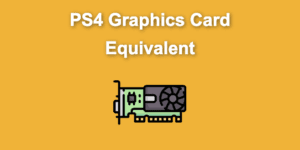
![10 Best Nintendo Switch VR Games [You'll Be Surprised] switch vr games share](https://alvarotrigo.com/blog/wp-content/uploads/2023/08/switch-vr-games-share-300x150.png)
![How to Connect Xbox Controller to Chromebook [ ✓ Solved ] connect xbox controller chromebook share](https://alvarotrigo.com/blog/wp-content/uploads/2023/08/connect-xbox-controller-chromebook-share-300x150.png)
![How to Connect Xbox to a PC With HDMI [Best Way] xbox pc hdmi share](https://alvarotrigo.com/blog/wp-content/uploads/2023/08/xbox-pc-hdmi-share-300x150.png)